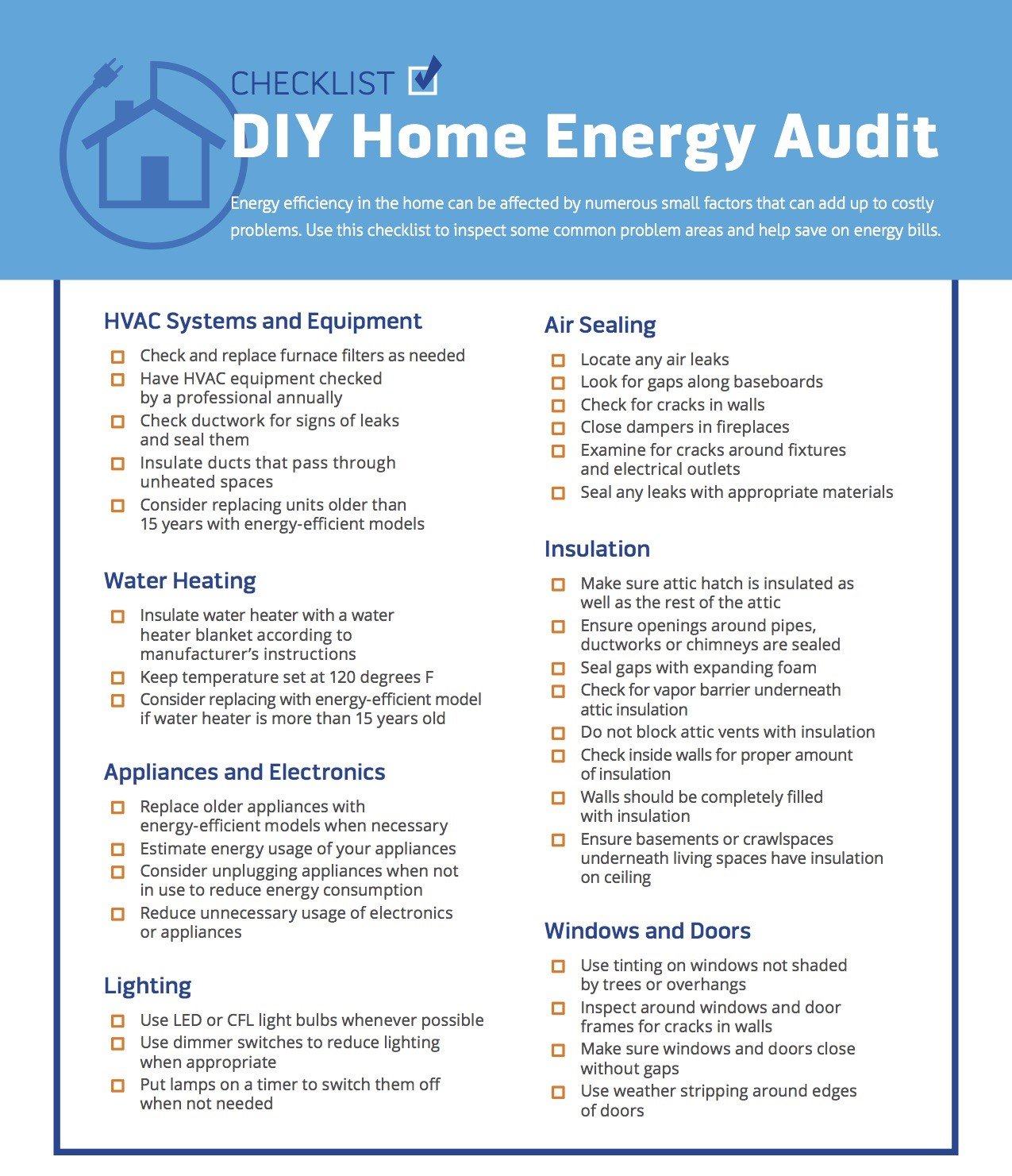Energy Audits
Energy audits are the critical first step in determining what steps should be taken when looking at a historic property energy conversion project. An energy audit is a systematic examination of a building’s energy usage, efficiency, building envelope and potential areas for improvement. For historic properties, audits should be tailored to respect the integrity of the structure while identifying opportunities for energy conservation.
Challenges in Auditing Historic Properties
Preservation of Historical Integrity: Any modifications must respect the original design and materials, often requiring specialized approaches.
Unique Architectural Features: Historic properties often have unique features that impact energy usage, such as thick walls, ornate windows, and intricate woodwork.
Building Code Compliance: Balancing energy efficiency improvements with compliance to preservation standards and building codes is crucial.
Benefits of Energy Audits
Preservation: Energy audits help preserve historic properties by ensuring they remain structurally sound and energy-efficient.
Cost Savings: Identifying energy inefficiencies can lead to significant cost savings on utility bills.
Environmental Sustainability: By reducing energy consumption, audits contribute to broader environmental sustainability goals.
Conducting an Energy Audit for Historic Properties
-
Gather historical documents, architectural plans etc.
Understand the building’s construction materials, age, and historical significance.
-
Determine whether you would like to perform the energy audit yourself, or hire a professional.
Consider the cost benefit of hiring a professional, certified auditors can offer a comprehensive energy audit that will help to create a comprehensive plan for not just the energy conversion but also analyze how it can affect the home as a whole.
-
Document the building’s layout, features and existing energy systems.
Perform a Building Envelope Analysis
Exterior Walls:
Determine the construction materials used
Evaluate the condition, including cracks, gaps or deterioration
Evaluate whether the walls are insulated and the insulations effectiveness.
Windows and Doors:
Determine the type, condition and quality of the windows and doors including their frames, glazing and seals.
Assess windows and doors for air leakage.
Consider historical accuracy and preservation concerns when considering options for repair, restoration or replacement.
Roof and Attic:
Determine the type and condition of roofing material and its insulation properties
Determine whether there is existing insulation in the attic and assess opportunities for improving insulation to reduce heat loss or gain
Ensure proper attic ventilation to prevent moisture buildup and mold to maintain indoor air quality.
Foundation and Basement:
Assess the condition of the foundation and basement walls, looking for cracks and moisture intrusion
Evaluate options for insulating foundation walls and basement not only for energy efficiency but also for moisture concerns.
Ensure adequate ventilation in the basement to mitigate moisture concerns.
HVAC Systems:
Assess the age and style of the existing HVAC system
Evaluate options for replacing with energy-efficient technologies
-
Prioritize recommendations that preserve the historical integrity of the property.
Consider non-invasive measures such as weather-stripping, insulation upgrades, and efficient lighting retrofits.
Explore options for renewable energy integration that respect the property’s aesthetics.
Consider how the modifications made for energy efficiency can affect the integrity of the property, including airflow and moisture control.
-
Evaluate the cost-effectiveness of proposed improvements, considering both short-term expenses and long-term savings.
Seek funding opportunities, grants, or tax incentives available for historic preservation or energy efficiency projects.
-
Work with contractors experienced in historic preservation to implement approved upgrades where possible.
Monitor energy usage post-improvements to assess effectiveness and identify additional opportunities for enhancement.

Industrial Energy Audits
Industrial and manufacturing energy assessments can be a complex and detailed process. For small to medium scale manufacturers in the state of WV, the West Virginia University Industrial Assessment Center (IAC) can provide no-cost energy assessments. The center is a part of the WVUs Department of Industrial Management System Engineering college and is one of 32 centers around the country funded by the U.S Department of Energy. The WVU IAC offers:
Energy assessments using energy analysis and diagnostic instrumentation.
Recommendations for energy efficiency for manufacturing facilities, water treatment facilities, waste water treatment facilities and buildings.
Analytics in support of energy efficiency.
Train the next generation of energy-water nexus engineers.
Assist industry with ISO 50001 and SEP energy management.
Pollution prevention and waste reduction.
E3: Energy, Environment, and Economics assessments.
Publish research in energy efficiency through peer reviewed journals and in conferences.
Evaluate cyber security, develop smart manufacturing application for energy efficiency and reduce water usage and waste.
Resiliency planning, decarbonization, and use of alternative feed-stock fuels.
For more information on the IAC please go to their webpage: WVU Industrial Assessment Center
Contractors
Energy Efficient West Virginia
Additional Information
How to Conduct a Home Energy Assessment
U.S. Department of Energy Guide to Home Energy Assessments
Energy.Gov Professional Home Energy Audits Information and Resources

